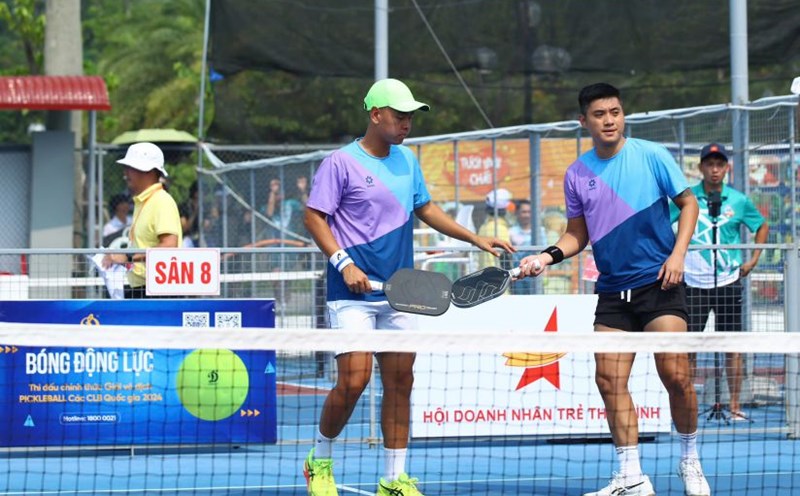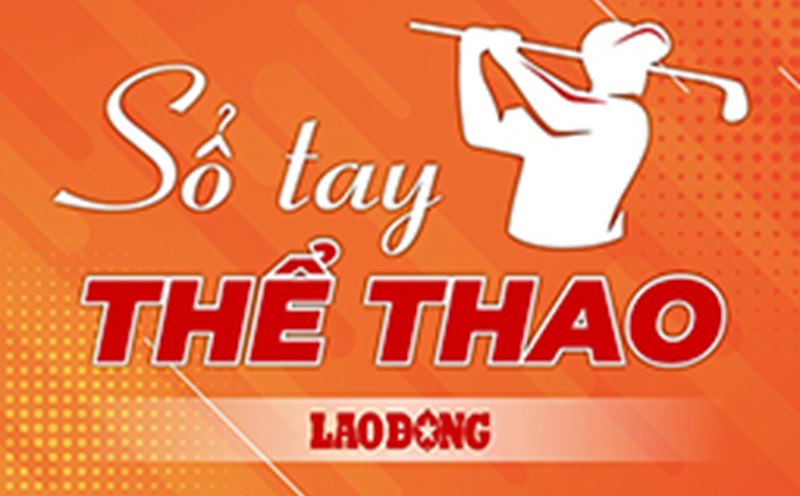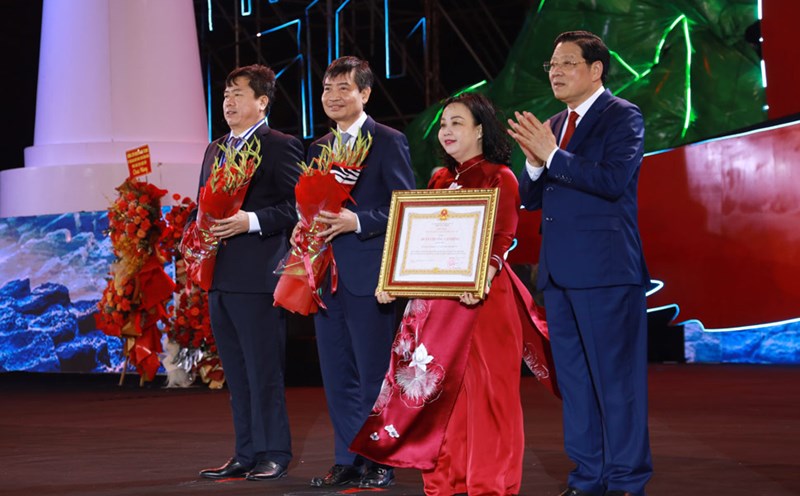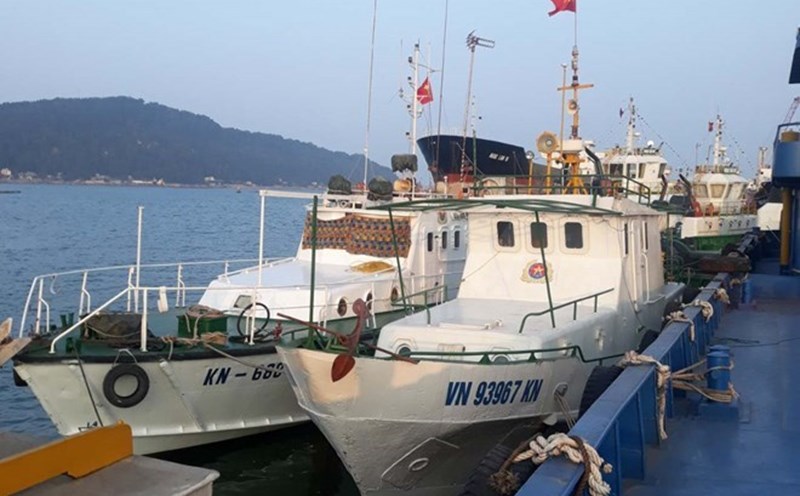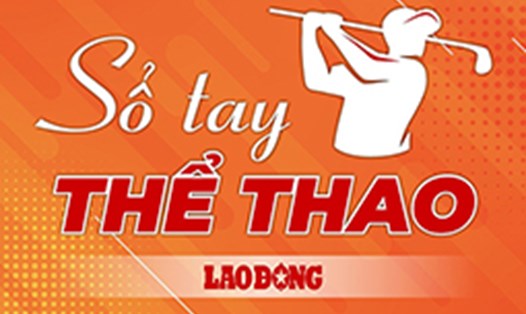Finding resources to effectively do sports economics
For sports to develop sustainably, the sports economy needs to be focused on and operated effectively. Currently, this is clearly demonstrated through the effective implementation of managers of some sports such as football, volleyball, golf or pickleball in Vietnam.
In fact, the Vietnam National Football Championship (V.League) has appraised the value of its television rights and sold them to partners in the Vietnamese market at 2 million USD/season (equivalent to more than 50 billion VND). The National Volleyball Championship will also officially sell television rights from 2025.
Meanwhile, the National Golf Championship is being organized with socialized funding and at the same time finding a partner to provide a long-term golf course for the entire tournament. The National Pickleball Championship will start held from 2025 (closed on March 9.) and when it was launched, the organizer will work with many socialized sources to have exclusive sponsorship contracts.
When achieving the right revenue from television rights, the National Football Championship (V.League) has enough resources to reinvest in football (enhancing the organization method, increasing professional quality). Currently, the National Football Championship (V.League) prize fund is the largest with 9 billion VND (the champion team receives 5 billion VND).
The Vietnam National Volleyball Championship has the second highest prize fund with a total of 2 billion 280 million VND (the champion team received a prize of 500 million VND). The 2025 National Pickleball Championship recorded a prize (cash, in-kind) of more than 400 million VND, while the National Golf Championship currently has a total prize of 1.2 billion VND.
The figures show that many sports in Vietnam have done a good job of generating revenue from their own products. When the tournament is held as an essential spiritual dish, it will attract sponsorship and generate revenue from television rights, competition costumes, souvenirs, etc.
Director of the Department of Physical Education and Sports Dang Ha Viet emphasized that when the economy shifts to a socialist-oriented market mechanism, sports institutions must also innovate. Health training is no longer the sole task of the sports industry, but the responsibility of the whole society and each citizen.
What is the lever for Vietnam's sports economy?
The Ministry of Culture, Sports and Tourism has just issued a Plan to implement the Strategy for the development of physical education and sports in Vietnam to 2030, with a vision to 2045. One of the key tasks is to increase investment resources, promote socialization to mobilize funding, encourage investment through direct forms, public-private partnerships, joint ventures, and associations. At the same time, priority is given to developing key facilities for training and coaching top-level athletes.
The Ministry of Culture, Sports and Tourism will develop and submit for approval the Project on developing the sports economy to 2030, with a vision to 2045. The project will be implemented by the Department of Physical Education and Sports in coordination with the planning and financial units of the Ministry and departments from 2026. The development of a specific strategy for the sports economy shows the manager's confidence in the role of contributing important resources in this field to the country's sports.
Sports expert Nguyen Hong Minh (former Director of the Department of High Performance Sports 1, General Department of Sports and Physical Training) said that the sports market is very open. Many countries have focused on investing in developing this market to build a sustainable sports economy.
In Vietnam, the sports market can include products, services, television rights, human resources, events, digital technology and capital flows from investment funds - all of which bring their own value and need to be exploited effectively.
To clearly visualize and do a good job of sports economics, professionals need to listen to the sharing of individuals and businesses operating in this field to find suitable leverage for the development of Vietnam's sports economy.


